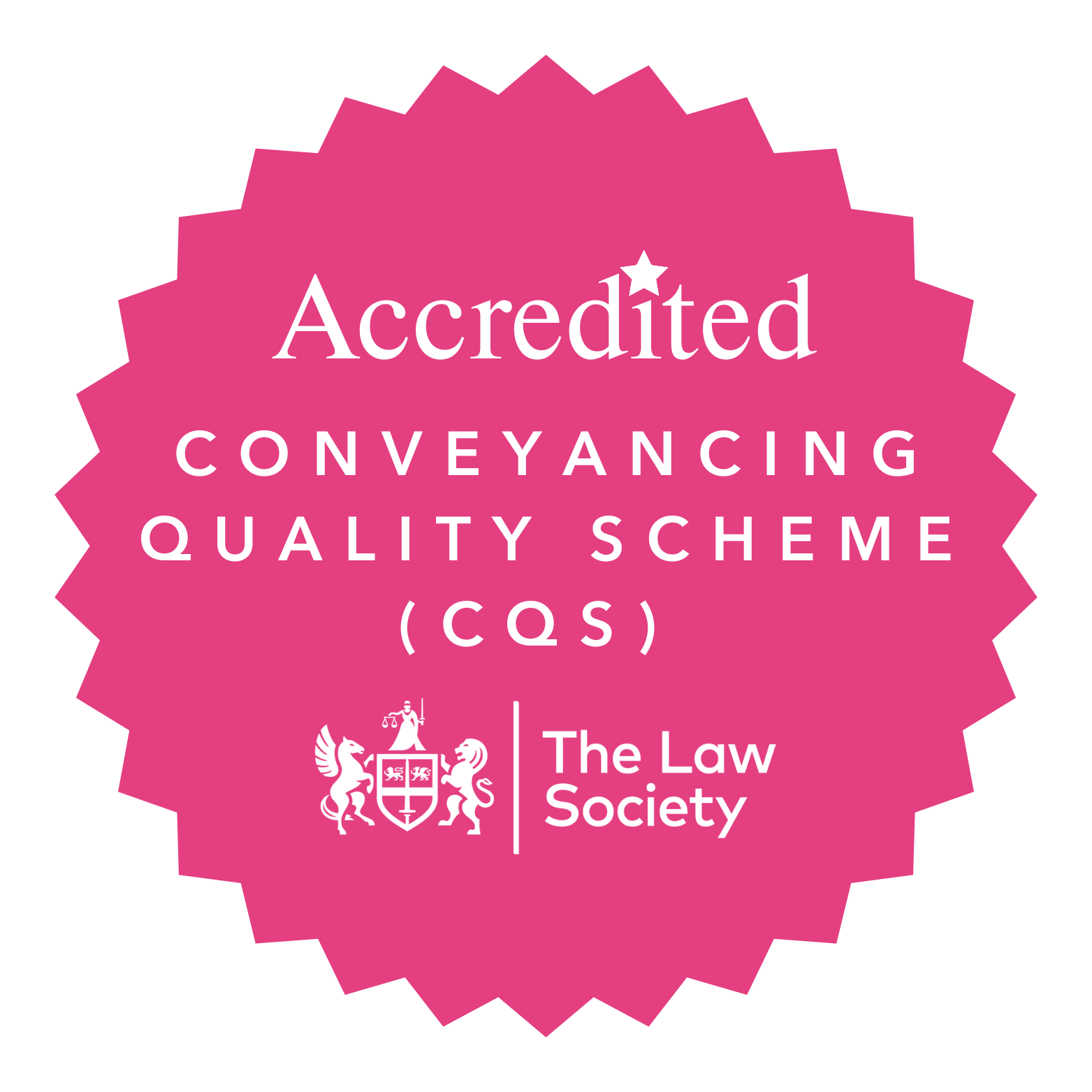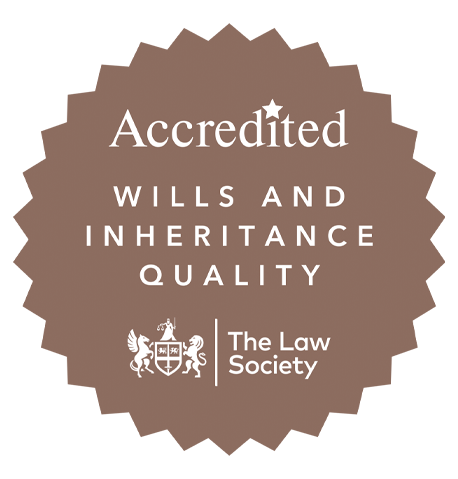When a person dies, someone has to sort out all his or her affairs. This is called Administering the Estate. A person's estate is considered to be made up of the money, property and any possessions they had at the time of their death. The process of Probate involves collecting any money that is owed, settling any debts due (including outstanding Taxes) and dividing the estate amongst the respective beneficiaries.
Most assets (including property) in an estate will remain frozen, until the Probate Registry gives the authority (via a document know as a Grant of Representation) to the individual(s) nominated in the Will, known as the Executor(s). If the deceased did not leave a Will, then generally it will be the closest relative who must administer the estate and we will be able to advise you in detail about this.
If there is a Will the estate will pass to the people named in the Will. If there is no Will certain rules, known as the Rules of Intestacy, will apply.
Whether you are an Executor or the next of kin, we can provide practical guidance to help you deal with the administration of someone's estate. We can help you determine the size of an estate for Probate and Inheritance Tax purposes. We can prepare an application for the Grant of Representation on your behalf and help you lodge the required forms with the relevant organisations to collect monies due to the estate and settle any outstanding debts.
We can arrange the transfer or sale of any shares, and work with our Residential Property Team to handle the sale of any property or land owned by the deceased.
Make an enquiry
To discover more about how our probate and estate administration solicitors can help you, please make a no obligation enquiry by either calling us on 01297 32345 or by making a free online enquiry.







